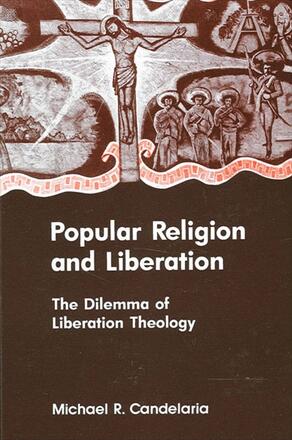
Popular Religion and Liberation
The Dilemma of Liberation Theology
Alternative formats available from:
Description
Liberation theologians either argue for the liberating character of popular religion or they vilify it as alienating and otherworldly. This book takes a comprehensive and in- depth look at the issues, questions, and problems that emerge from the debate among liberation theologians in Latin America. The heart of the book consists of a comparative analysis of two prominent theologians, Juan Carlos Scannone from Argentina, and Juan Luis Segundo from Uruguay, who take opposite positions. Scannone sees popular religion as essentially liberating because it is from the people. Segundo disparages popular religion as a mass phenomenon incapable of revolutionary change and looks forward to its demise.
Candelaria synthesizes these contrary positions into a new paradigm for examining the question of popular religion and liberation. On the basis of this synthesis, he formulates a principle for articulating the relationship between popular religion and liberation and with special reference to the situation of Hispanics in the United States.
Michael R. Candelaria is Lecturer in the Department of Philosophy and Religious Studies at California State University, Bakersfield.